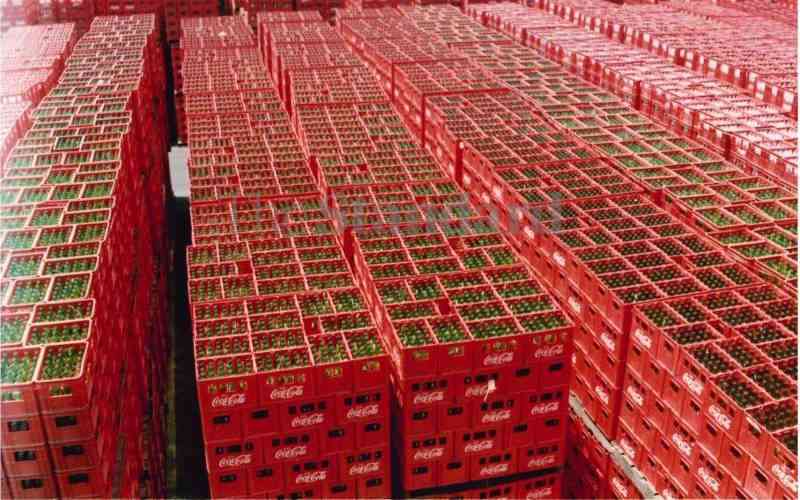×
The Standard e-Paper
Smart Minds Choose Us

Words have meaning. And the Kenya Revenue Authority (KRA) loss of a Sh900 million tax case against global beverages manufacturer Coca-Cola has proved that words can be also expensive.